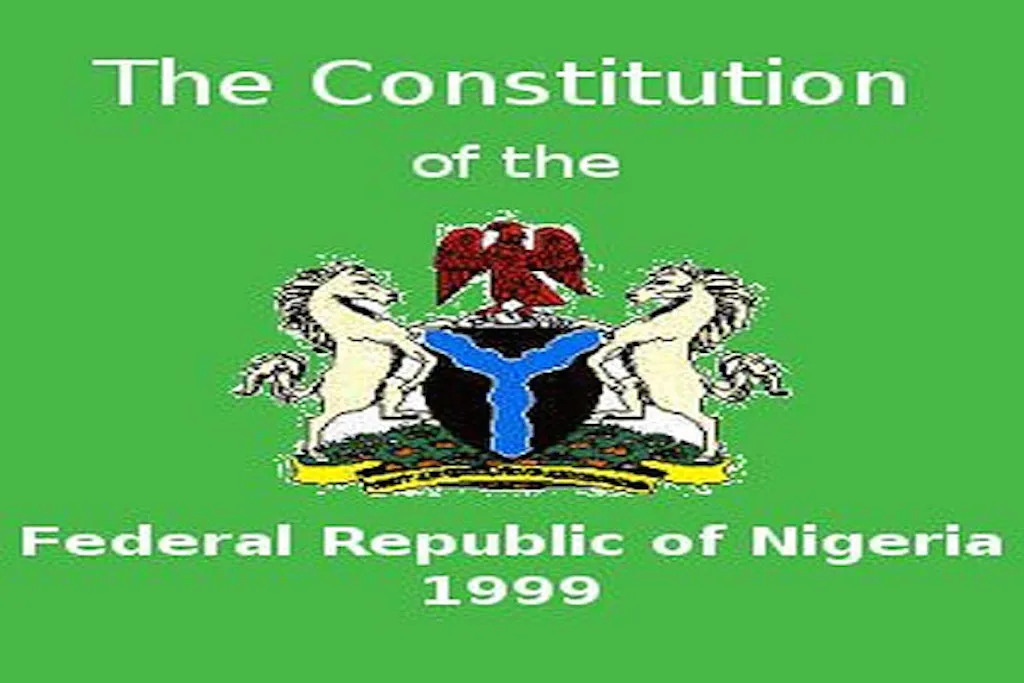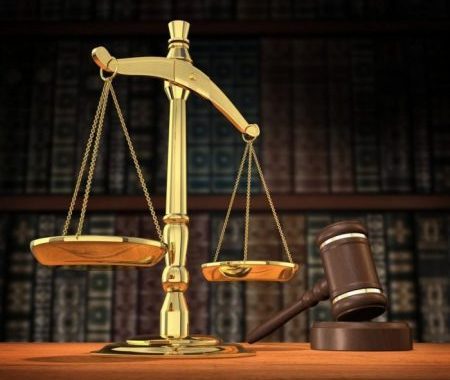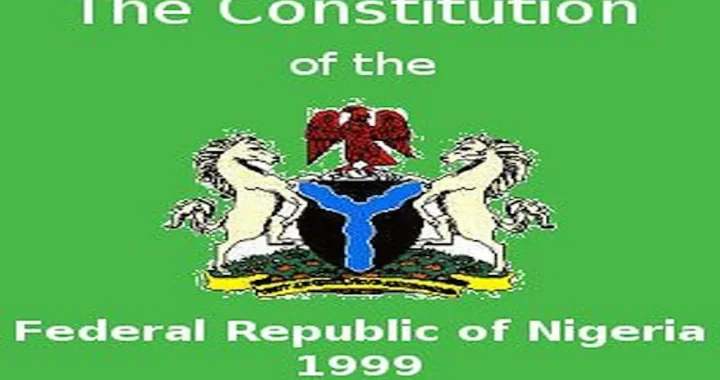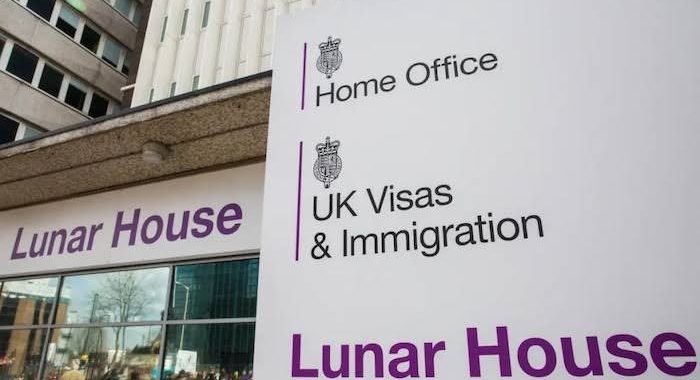The Rivers State’s State of Emergency
2 min read
An unbiased outlook exclusively hinges on the 1999 constitution of the Federal Republic of Nigeria.
Section 305 of the 1999 Constitution of Nigeria (as amended) grants the President the power to declare a state of emergency in specific situations. This provision outlines the circumstances, procedures, and duration of a state of emergency in the country or any part of it.
Key Provisions of Section 305
Authority to Declare a State of Emergency
The President may, by instrument published in the Official Gazette, declare a state of emergency in the Federation or any part thereof.
Conditions for Declaration
The President can declare a state of emergency only if:
a) The Federation is at war.
b) The country or a part of it is in imminent danger of invasion.
c) There is an actual breakdown of public order and safety to the extent that ordinary law enforcement agencies can not handle it.
d) There is a clear and present danger of such a breakdown.
e) There is an occurrence of disaster or natural calamity affecting a community.
f) There is a public health emergency.
g) The Governor of a State requests it due to a dangerous situation in the state.
Approval by the National Assembly
The declaration must be approved by the National Assembly within two days (if in session) or within ten days (if not in session).
If not approved, the declaration ceases to have an effect.
Duration of a State of Emergency
Initially, it lasts for six months.
It can be extended by another six months with National Assembly approval.
Dr George Ogunjimi
Juris Republic
jurisrepubliclegal@gmail.com
![]()







